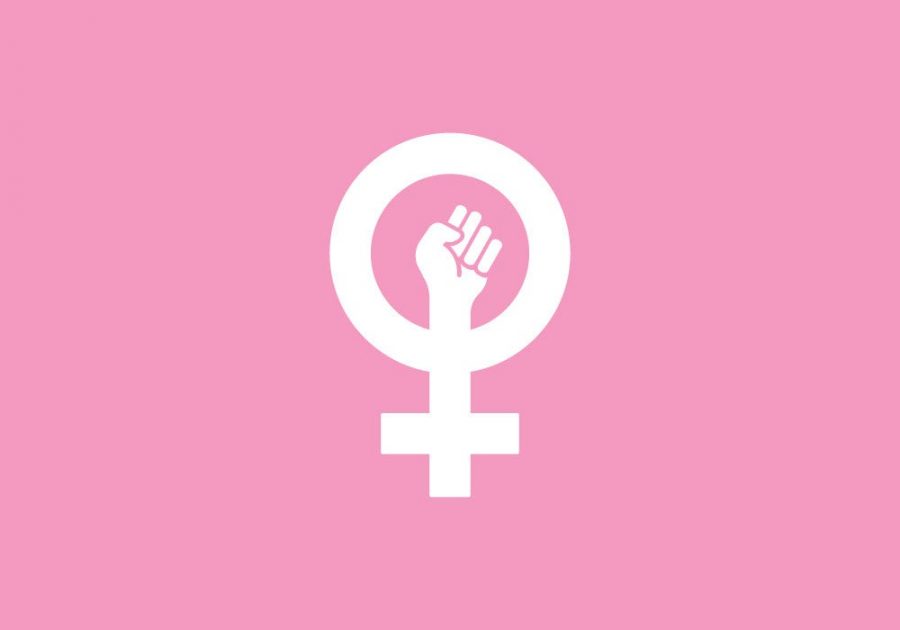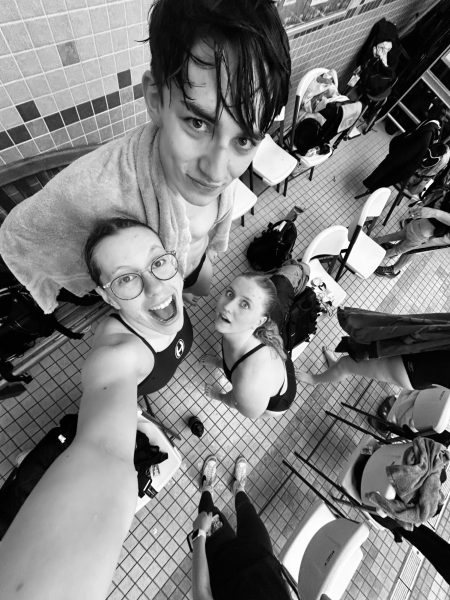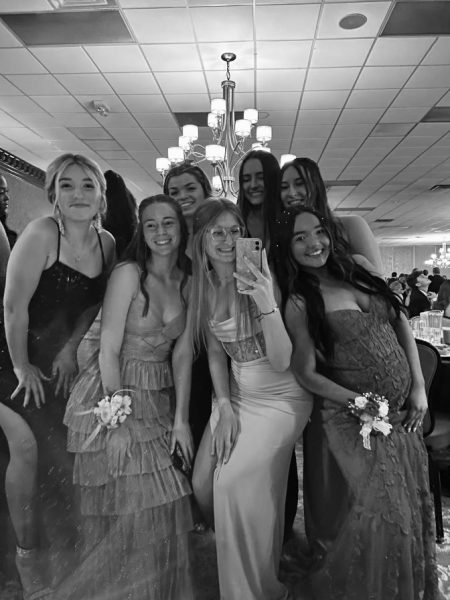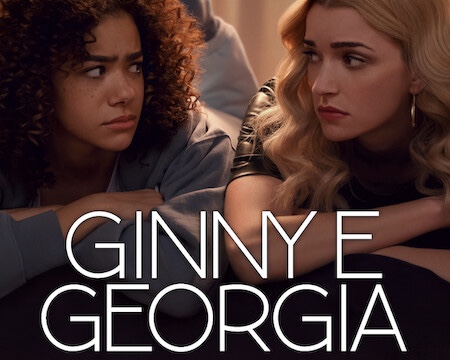Feminism: Not a dirty word
Thursday night, a broadcast changed the world. Sitting on my aunt’s couch, our 9 o’clock viewing of Jeopardy was interrupted by a breaking news update from CNN. Supreme Court Justice Ruth Bader Ginsburg was dead at 87. Ginsburg, a prominent women’s rights advocate, engineered the legal battle for gender equality. She encouraged supporters to “fight for the things that you care about, but do it in a way that will lead others to join you.”
She began campaigning to alter laws in alignment with the feminist movement almost instantly after her appointment to the court. In a powerful step forward, she advocated for women to gain social security and military benefits, fighting injustice one landmark Supreme Court case at a time. The groundbreaking legislation allowed women to gain acceptance at previously discriminatory schools and Ginsburg was one of the first proponents of fair treatment regardless of biological sex.
While some consider women’s advocacy or equal treatment in society a modern development, it has just recently been popularized by social media. The true beginning is widely considered the Seneca Falls Convention of 1848. After centuries of being treated as second-class citizens, activists have been challenging the popular opinion and taking to the streets.
So why is feminism considered a “dirty” word? Protesters are advocating for equal rights, so shouldn’t everyone support that? The base of the campaign is wide and varied, with many beliefs and subsections. Endorsers could be a liberal, radical, marxist, socialist, cultural, or eco-feminist. There’s actually a widespread misconception that all members of the movement are “man-haters,” when they just want to walk down the sidewalk in peace or experience a harassment-free workplace.
Feminists are asking for the right to control our own bodies and not be managed by a future spouse. Giving women autonomy over their own body is long overdue.
Some are asking for equal pay when we do the same job. According to Business Insider, “the average gender pay gap in the United States in 2018 was around 18.9%, meaning that a woman working a full-time, year-round job earns 81.1% as much as her male counterpart earns.”
I want equality, not just for me, but for the next generation. Young girls should recognize that they have the right to stand up for justice and fight discrimination. We have been silent for far too long and Ruth Bader Ginsburg’s legacy must be a battle cry for all future activists.












Kim Yoder • Nov 11, 2020 at 12:46 PM
I’d like to see a follow-up article: Liberal, not a Dirty Word 🙂